There can be no transforming of darkness into light and of apathy into movement without emotion
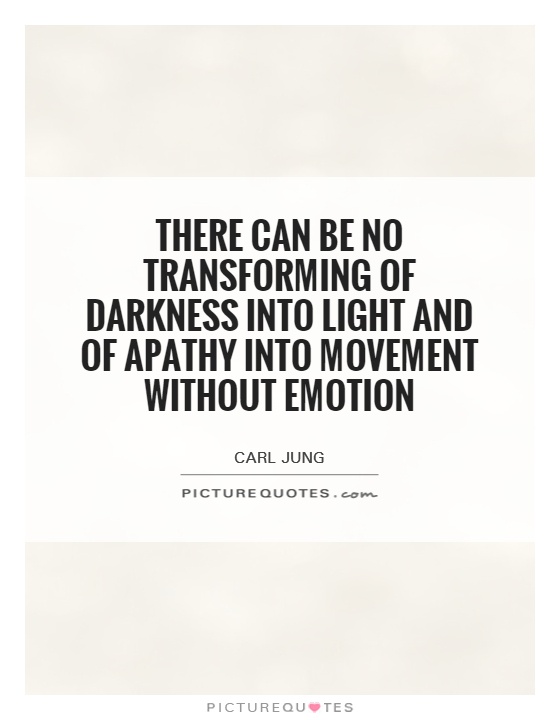
There can be no transforming of darkness into light and of apathy into movement without emotion
Carl Jung, the renowned Swiss psychiatrist and psychoanalyst, believed that there can be no transforming of darkness into light and of apathy into movement without emotion. Jung's theories on the importance of emotion in the process of transformation and individuation have had a profound impact on the field of psychology and continue to influence our understanding of the human psyche.Jung believed that emotions are a crucial aspect of the human experience and play a central role in the process of personal growth and self-realization. According to Jung, emotions are not just random or irrational impulses, but are deeply connected to our unconscious mind and can provide valuable insights into our innermost thoughts and desires. By exploring and understanding our emotions, Jung believed that we can uncover hidden aspects of ourselves and begin the process of transformation and self-discovery.
In Jung's view, darkness represents the unconscious aspects of the psyche that are often repressed or ignored. These dark and shadowy aspects of ourselves can manifest as negative emotions, fears, and insecurities that hold us back from reaching our full potential. Jung believed that in order to transform this darkness into light, we must first acknowledge and confront these hidden aspects of ourselves. By embracing our emotions and facing our fears, we can begin to integrate these shadowy aspects into our conscious awareness and move towards a more balanced and harmonious state of being.
Similarly, Jung believed that apathy represents a state of emotional numbness and disconnection from our true selves. When we are apathetic, we lack the motivation and energy to make meaningful changes in our lives and may feel stuck in a state of inertia. Jung believed that in order to overcome apathy and move towards growth and transformation, we must first reconnect with our emotions and tap into our innermost desires and passions. By allowing ourselves to feel deeply and authentically, we can ignite a sense of purpose and direction that propels us towards positive change and personal growth.
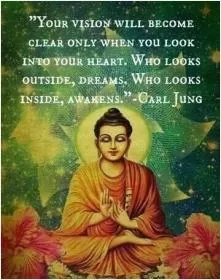
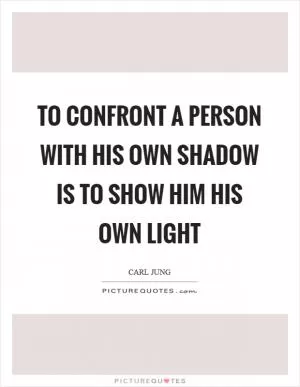
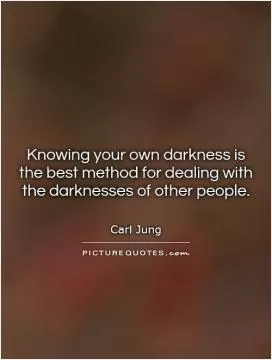
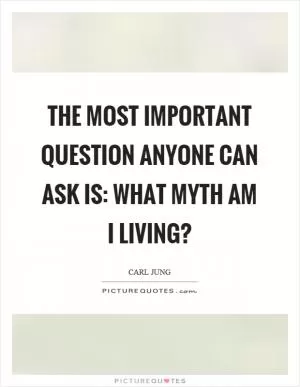
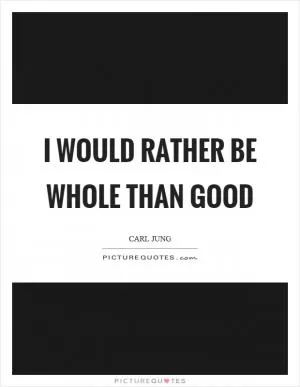
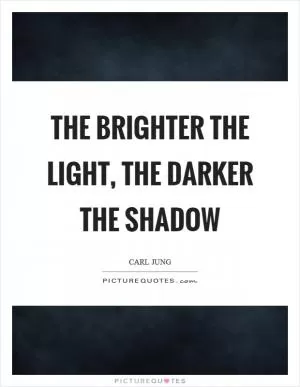
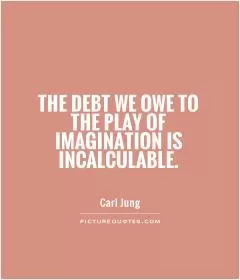
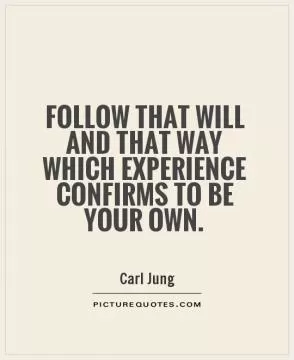
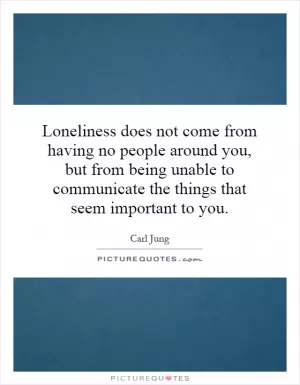
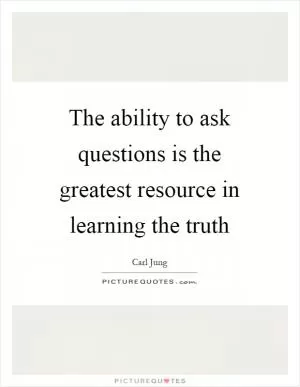
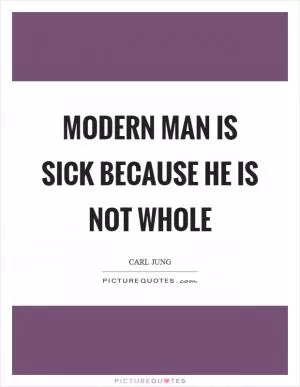
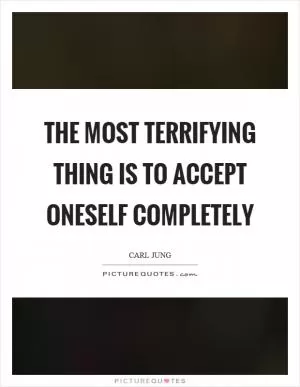
 Friendship Quotes
Friendship Quotes Love Quotes
Love Quotes Life Quotes
Life Quotes Funny Quotes
Funny Quotes Motivational Quotes
Motivational Quotes Inspirational Quotes
Inspirational Quotes